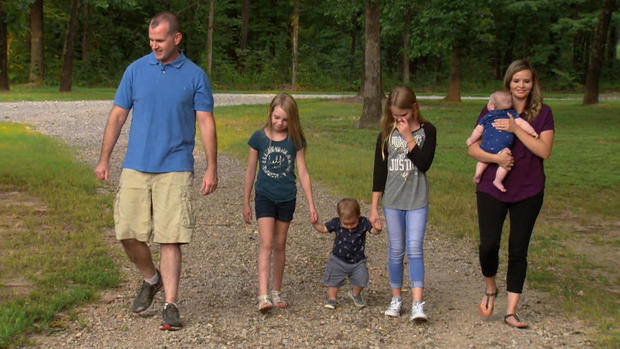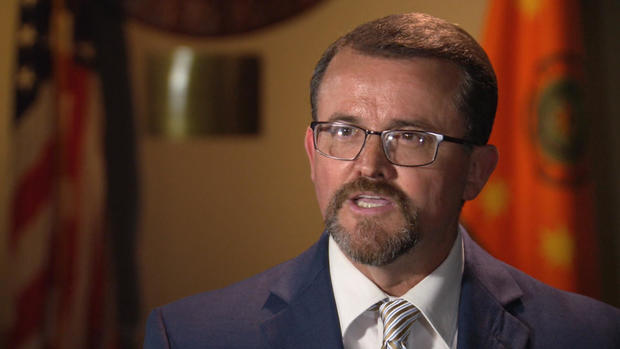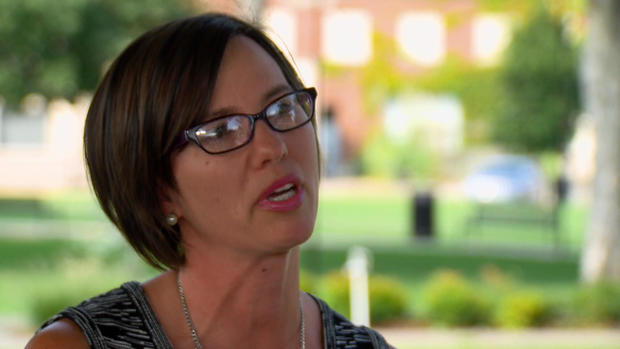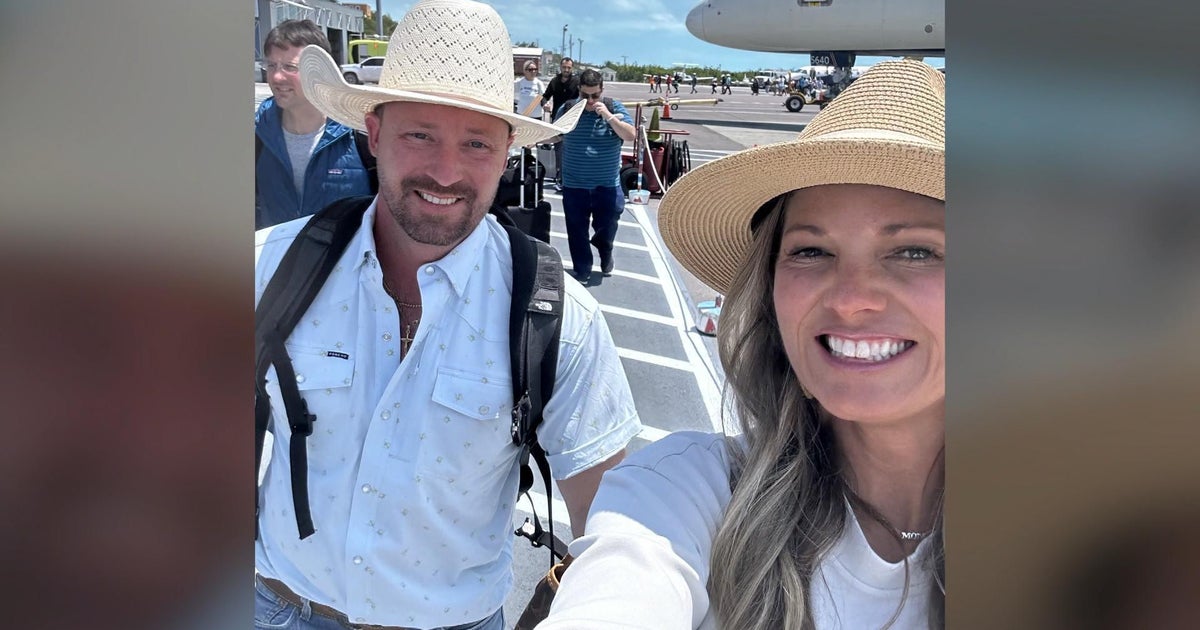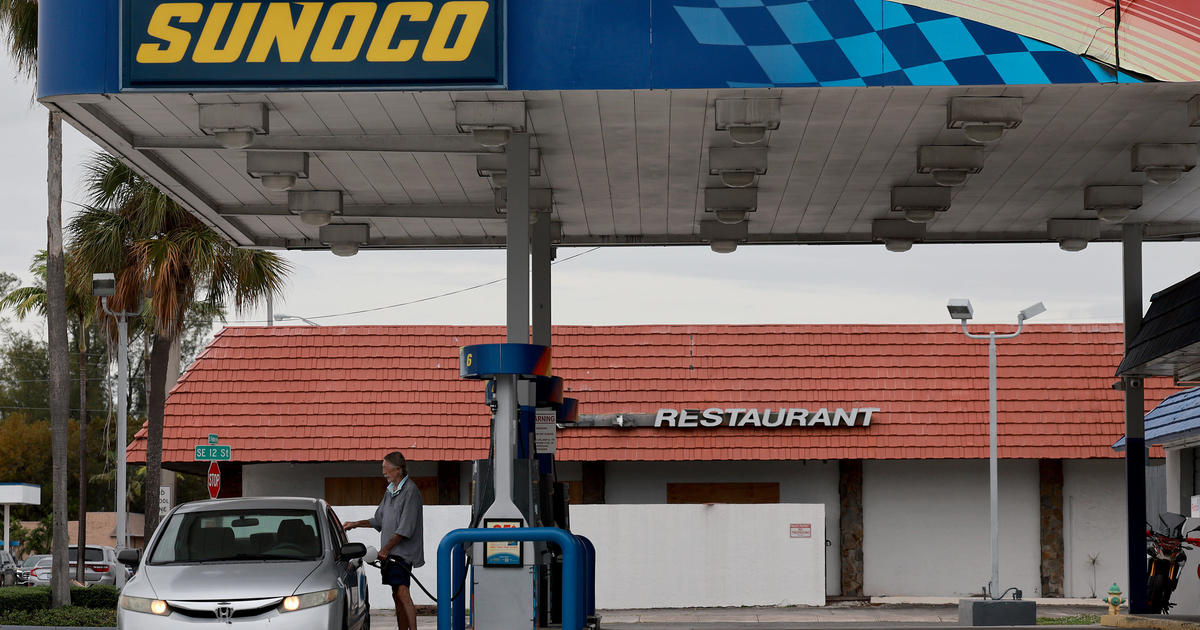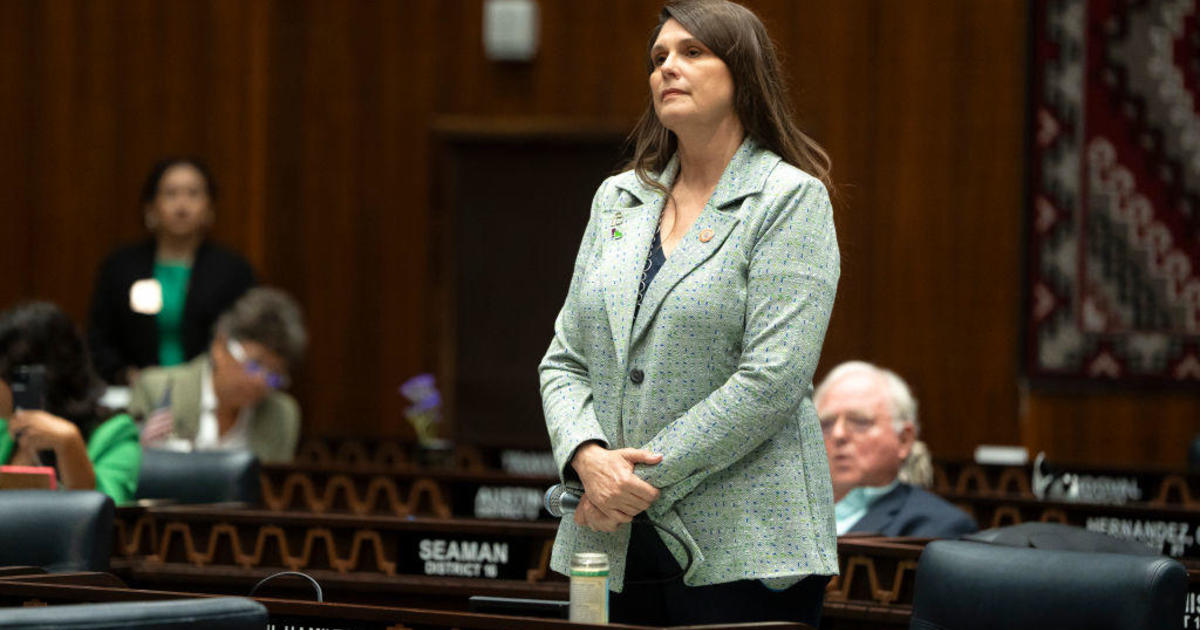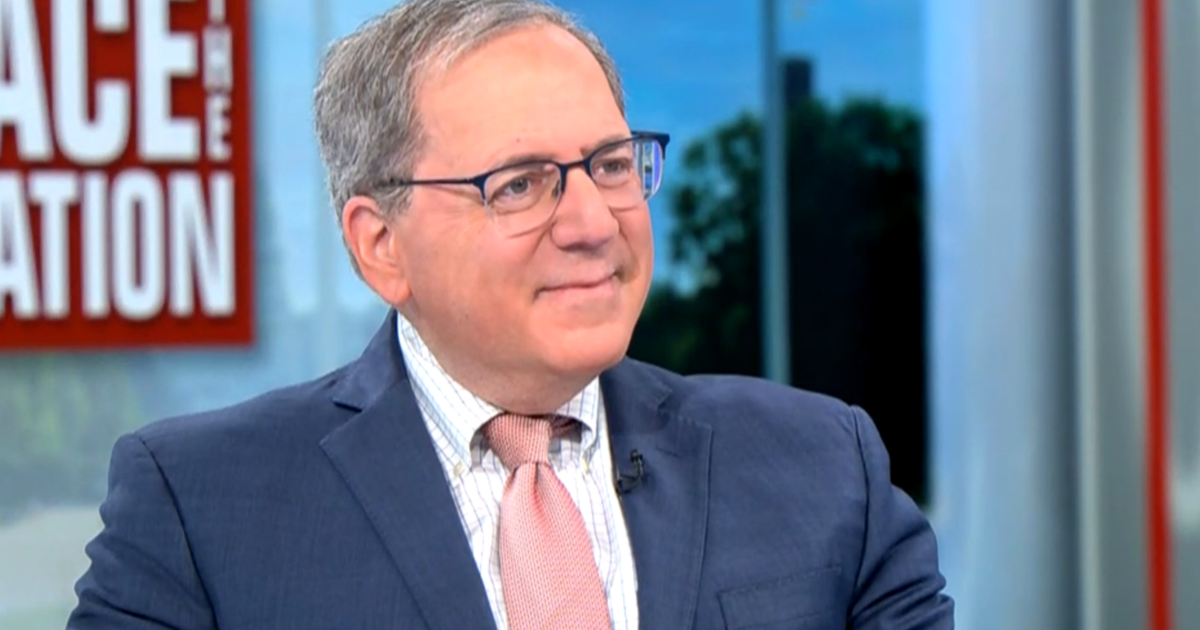Cherokee Nation, grappling with opioid crisis, takes legal action
TAHLEQUAH, Okla. -- Sasha and Kane Wyatt are members of the Cherokee Nation in northeast Oklahoma. They adopted their son Luke when he was just eight days old.
His birth mother was addicted to opioids -- and so was he.
"I remember holding him and just crying -- I am trying not to cry right now -- it was so hard to see him go through something like that," Sasha said.
Oklahoma has one of the most severe opioid problems in the nation, and it's especially bad in the 14 counties that make up the Cherokee Nation.
"It's devastating to our people," said Todd Hembree, the Cherokee Nation's attorney general.
Earlier this year, he sued America's three largest pharmacies -- Walmart, Walgreens and CVS -- and the three largest prescription drug distributors, AmerisourceBergen, Cardinal Health and McKesson.
"They know what they are doing is wrong and they need to be held accountable," Hembree said.
The complaint accuses the companies of "regularly fulfilling suspicious orders" and "ignoring 'red flags'" which "allowed massive amounts of opioid pills to be diverted from legitimate channels of distribution into the illicit black market."
The lawsuit asks for billions in damages.
"My goal is to change the behavior of these corporations and the way you do that is you hit them in the pocketbook," Hembree said.
Nikki Baker Limore, executive director of Cherokee Nation Child Welfare, says the recent increase of opioid-addicted babies is staggering.
"I can get emotional talking about it, but when you hear a baby give you a shrill and you can't do a thing about it, whether you swaddle them, you pat them, you love on them, it's heartbreaking," she said.
There are so many addicted babies that there are not enough foster and adoptive homes within the community to take them all in. So two-thirds of those Cherokee babies are being placed in non-Cherokee homes.
"The children are our future and without our future we can't go on," Limore said.
The companies willing to talk about pending litigation told us they believe the lawsuit's claims are without merit, and say they are dedicated to working together with the government to combat the illegal diversion of drugs.
Limore says drug users do share the blame for the crisis, but what the Cherokee Nation really needs is for the flood of drugs to stop.
"It's like a tornado that never ends. It's moved into our area, it is destroying our community, and until someone stops that from happening the devastation continues," she said.
